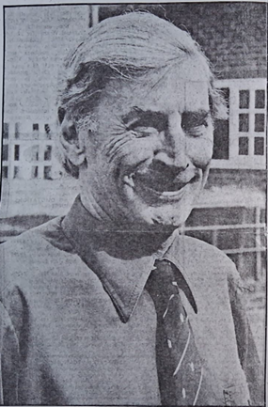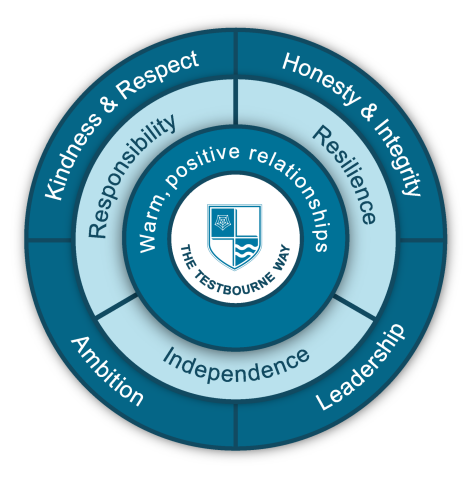The Testbourne Way
Our school has a long history and legacy. There has been a school on the site of Testbourne Community School for over 100 years. In the early part of the last century, the school was known as Whitchurch Secondary School and was based on our current site, along with a second site, the Lordsfield campus, that has now become Overton CofE Primary School. 
In the late 1960s, a radical headteacher, Robert (Bob) Davies (Right) was appointed to lead the school through an experiment: the formation of the country’s first community school. The current site was developed with investment from interested parties in the community to become a modern community school with facilities open to the public after school hours. It was at this time that the school first took the name of Testbourne Community School.
Bob was clear about the importance of promoting students’ independence. He knew the importance of developing and sense of community and belonging. He believed in integrity and was likely responsible for the school badge and the inclusion of that word under the emblem. He served as Testbourne’s headteacher for 16 years.
Bob’s legacy still lives on in many ways. The campus, short of some upgrades and refurbishments, is largely unchanged since his time. The school is still used for many events and activities such as our community fireworks display and many local organisations groups use our high-quality facilities, such as our FIFA approved 3G football pitch.
Headteachers change over time, but the fundamentals of Testbourne’s culture and ethos have not. We have spent almost a decade further developing our cultural expectations to ensure that they reflect what is best for students and to prepare them for life at college and beyond. Our culture and ethos can be summarised by something we call The Testbourne Way:
- Developing independence, resilience and a sense of responsibility in our learners.
- Promoting The Testbourne Standards of Excellence.
- Establishing and valuing warm, positive relationships.
Independence, resilience and responsibility
We place great value on the importance of helping children become more independent, resilient and responsible. Being more independent is one of the tenets of successful adulthood. We want our students to be able to solve problems for themselves, to know where to seek information and guidance and to know when it is appropriate to ask for help.
A resilient person can deal with life’s inevitable ups and downs. They can keep going when things get tough and can maintain optimism that things will improve. They are not afraid of challenge and see it as an opportunity for personal growth. They cope well with failure, knowing that learning cannot happen if mistakes are not made and understanding that all successful people experience failure when on the journey to success.
Taking responsibility for our actions and inactions is important because if we feel a sense of responsibility, we are more likely to choose positive actions. Additionally, we want students to have a sense of agency and know that having a sense of responsibility must also result in them being responsible and trustworthy.
We have deliberately chosen developing these three traits as our mission because we know that they are hugely important for future success. The college principals tell us how much they value having Testbourne students because they are so well prepared for college life. This is likely why almost 80% of them go on to study A’ levels of the equivalent.
The Testbourne Standards of Excellence
These are the cornerstones of our school ethos and exemplify how we want children to conduct themselves. There are four standards:
Kindness and Respect – we want children to be kind, caring and compassionate. We want them to be thoughtful. We want them to respect people for their differences and embrace the principles of equality.
Honesty and Integrity – we want children to tell the truth, even if it is not to our advantage. We want them to do the right thing, not the easy thing, because they know it is right. We want them to have a moral compass when making decisions that affect them and those around them.
Ambition – we want children to try their best and never settle for the minimum. We want them to work independently and demonstrate resilience even when schoolwork or life is challenging.
Leadership – in this context, we want children to set a good example to others, take responsibility and uphold our ethos and culture.
Warm, positive relationships
We know that if we want children to learn effectively, we need to develop warm, positive relationships. We treat each other with respect, we show we care, we adopt a relational approach whenever we can. We look to de-escalate not escalate and we help children learn how to regulate themselves and get the best our of their time at school.
It is easy to see the power of the simple messages in The Testbourne Way. They are accessible to all. They are the bedrock of everything we do. They are why over 90% of students leave us with 9 or more GCSEs, almost 30% leave us with 10 or more GCSEs and over a third of students achieve the highest grades, 9-7 (A*/A equivalent), in each subject, on average. They provide the foundations of our success and ensure that our students are ready for further education with 80% of them going on to student A levels at well-reputed colleges across the region.
Shots from the 1974 prospectus (left to right): A game of football in the sports hall. A boy climbing the brick climbing wall. Students engaged in woodworking class.





 Testbourne Community School
Testbourne Community School